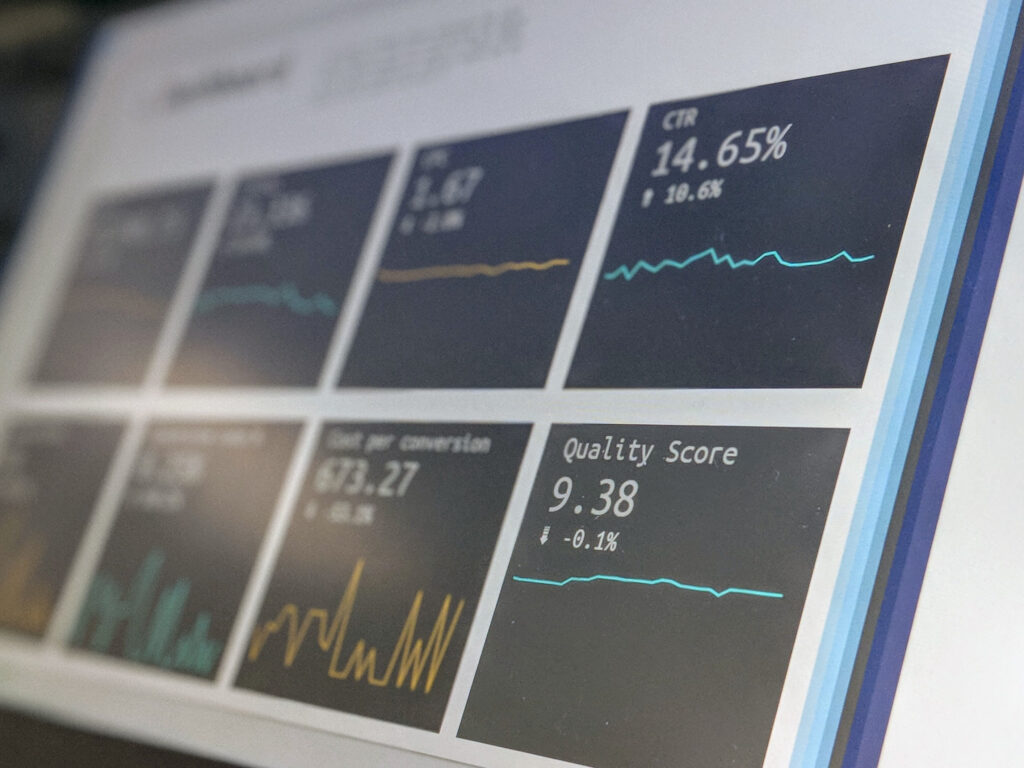A recent report from the MarTech Alliance in conjunction with accountancy firm Moore Kingston Smith has estimated the current worth of the global Martech industry to be $344.8bn.
The same research revealed that 61% of companies expect their spend to increase in the next 12 months, while the same number either strongly agree or agree that marketing technology is critical to meeting customers’ expectations.
Daniel Andrews, CEO of the tree, a social-first digital agency based in London, is a tech advocate.
“[Tech] and [marketing] go hand in hand. Not only are most comms and marketing channels now driven by some form of tech, but they are also driven by how we can better understand and gain insight from audiences, which is enhanced by technology.
“I believe technology and data should not be used to create some form of Big Brother state, rather enrich the buying experience whether you are buying a banking software for your corporate business or a doughnut box from your favourite bakery.”
We spoke to business leaders and senior marketers about the Martech technologies changing their work lives and the sector in general.
Use tools that integrate with more established tech platforms
Laura Richards, brand marketing consultant: “I use a range of tech tools in my work, and on behalf of clients. In particular, I’m an advocate for no-code tools that allow you to create bespoke automations and systems, without any coding knowledge. This includes tools such as Airtable, Zapier, Typeform, Glide and Carrd.
“These tools tend to integrate with more established tech platforms, like CRMs, email marketing and accountancy tools. The benefit is that you can create a tech stack that works for your business-specific needs rather than needing to adapt to something off the shelf.”
Technology can raise the impact of strategic processes and delivery
Daniel Andrews, CEO of the tree: “We love Meltwater helping us get under the skin of social noise and conversation, better-informing our approach to audiences and GWI – an amazing data and insights tool to get under the skin of B2B and B2C audiences.
“Collaboration is key for our creation and production teams. Trello has been a godsend for the business for modernising workflows, communicating collaboratively, and ensuring we can create at pace across multiple teams and clients simultaneously. The root is our very own storytelling and e-commerce cloud. It sits at the intersection of platform and people, and enables us to deliver highly engaging and exciting customer experiences.
“Having a single view and connected experience for managing social posting, community management and even influencer engagement is super-important. Social Bakers allows us to deliver this seamlessly.”
Embrace data-driven marketing
Carlos Doughty, CEO and founder of MarTech Alliance: “Customer data platforms (CDPs) [have been the most important Martech innovation of recent years].
“They have democratised tech and data management in a way that was previously not possible. From pre-packing data connectors, matching and decisioning, they enable companies to really embrace data-driven marketing. To better personalise, contextualise and execute in ways that deliver a better customer experience and optimise channel management.”
Work in real-time with clients
Amit Raj, founder and CEO of The Links Guy and SEO specialist: “Respona, a new email outreach platform, has been incredible and helped our team immensely.
“Bitrix24, which is a project management system we use to plan, set tasks and communicate day-to-day. Our outreachers use Grammarly to make sure they don’t miss any glaring spelling or grammar errors.
“Finally, Google Docs and Google Drive are a staple for us; they are extremely reliable and great for being able to share our work in real-time with clients, and automate or streamline certain processes.”
5G is a game changer
Dash Tabor, tech expert and founder of transport app TUBR: “Modern-day marketers need to connect with people where they are. That means understanding and predicting where they are, where they are going, why they are there and what they want along the way. Those who can deliver in those areas will be the biggest winners in the years ahead.
“The thing which will fundamentally change the way marketers can interact will be data. Data has the opportunity to remove the noise from advertising and speak directly to the consumer in a personalised way and build a connection to the brand. Advancements in 5G will also provide bigger and better opportunities to improve people’s everyday lives and make direct personalised messaging far easier.
“Predictive technologies are key too. They provide marketers with the opportunity to plan in advance. Predicting how and where a market is moving will be key to building a brand and a relationship with the consumer on the go.”
It is projected that by 2025 there will be three billion 5G subscriptions worldwide (Statista), and more than 90% of global marketing professionals expect 5G to have an impact on their industry over the next decade, according to a February 2020 Salesforce survey.
Dash concludes by painting a picture of what we can expect.
“Imagine this: A digital billboard in the centre of Piccadilly Circus in London which changes based on the interests of the people walking by at that given minute of the day. It sounds like blue sky thinking. But this can be made possible with non-personal data and the right machine learning products.
“Technology is and will continue to be the differentiator between those who will win and those who do not innovate and fall behind.”




